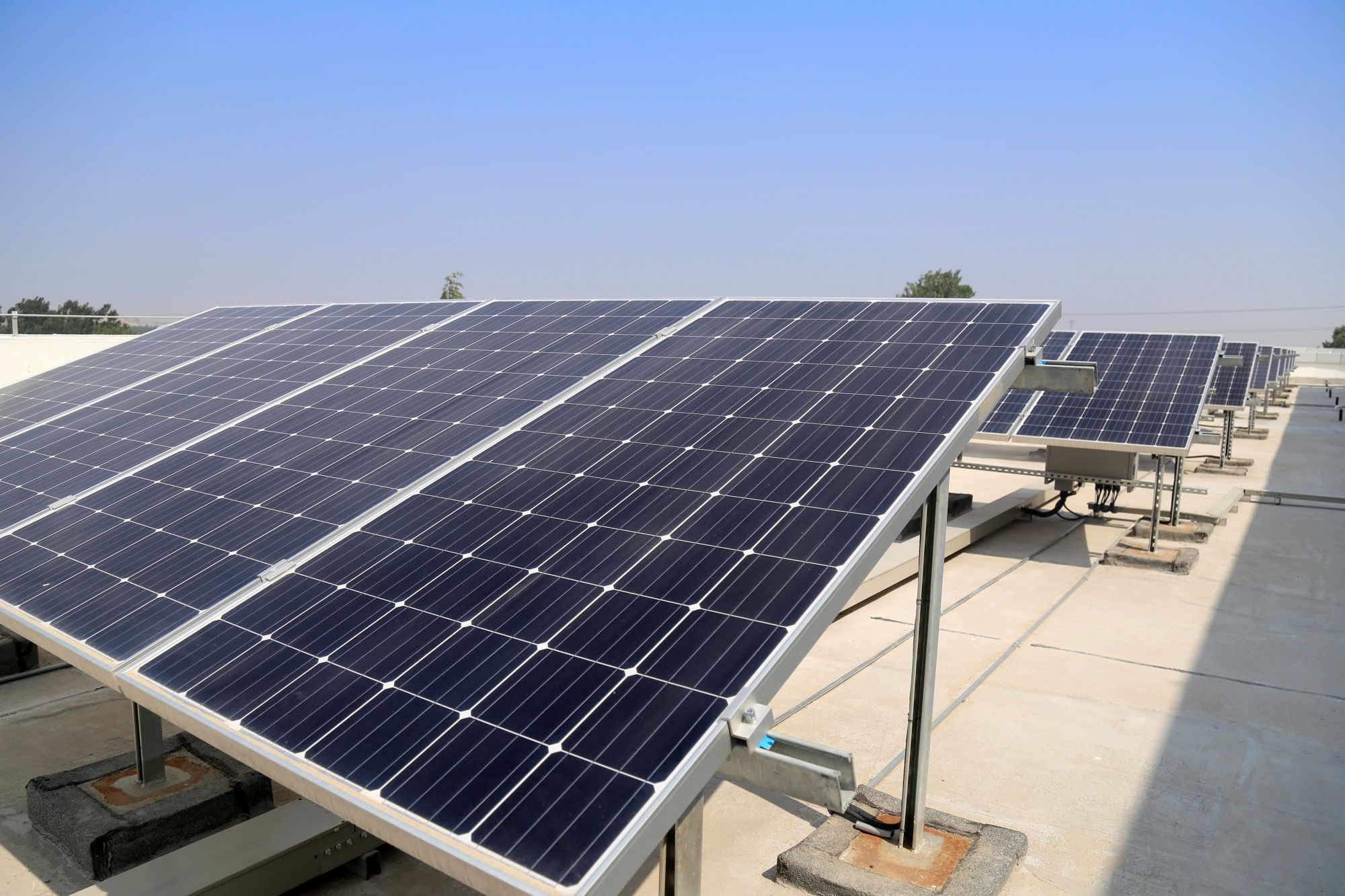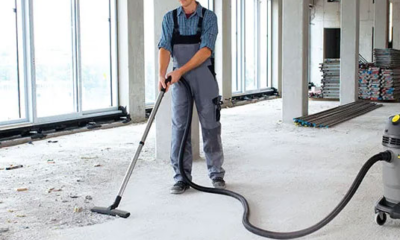Home Improvement
5 Benefits of Pigeon Proofing Your Solar Panels
Published
1 year agoon

Have you seen an increase in the use of solar panels in your neighborhood? Well, solar panels have become popular for harnessing the sun’s power to generate electricity. These eco-friendly devices offer numerous advantages, including reduced energy costs and a lower carbon footprint.
Nevertheless, while solar panels are a great option, they attract some unexpected visitors – pigeons. Pigeons are notorious for seeking sheltered spots to build their nests. Unfortunately, solar panels provide an ideal haven for them. As such, you must have pigeon proofing tactics to prevent pigeons from perching. Here is why you need proofing.
1. Prevents Nesting and Debris Accumulation
Pigeons often build their nests on solar panels. This causes significant problems for solar panels. First, the nesting materials can block the airflow beneath the panels. It leads to reduced ventilation and higher operating temperatures. In the end, the pigeons can decrease the efficiency of the solar panels and potentially cause them to overheat, shortening their lifespan.
Additionally, the accumulation of nesting materials, feathers, droppings, and other debris can create a physical barrier over the surface of the solar panels. This layer of grime reduces the amount of sunlight reaching the solar cells. Typically, this results in a decrease in electricity production.
2. Reduces Maintenance Costs
By pigeon proofing your solar panels, you can significantly reduce their maintenance expenses. Without effective bird deterrents, pigeons can cause damage that requires frequent cleaning, repairs, and maintenance visits. Following this, you will need professional cleaning to clean droppings, nests, and debris from the solar panels.
If pigeon-related damage goes unnoticed or unaddressed, it can lead to more severe problems such as corrosion, electrical issues, or physical damage to the solar panel components. It can be a time-consuming and costly process.
3. Extends Solar Panel Lifespan
Pigeon proofing solar panels UK measures play a crucial role in extending the lifespan of solar panels. They keep pigeons and their nests away, thus protecting the panels from potential damage. Nesting materials can corrode metal parts, and bird droppings are acidic and can deteriorate the protective coatings on the panels over time.
A well-maintained solar panel system can last 25 to 30 years. With a reduced accumulation of debris and bird-related wear and tear, the solar panels will serve you more efficiently for an even more extended period.
4. Improves Energy Efficiency
Energy efficiency is a critical factor in maximizing the benefits of solar panels. When solar panels are clean and unobstructed, they can efficiently convert sunlight into electricity. However, when pigeon nesting and debris accumulate on the surface of the panels, the ability to absorb sunlight is diminished. This results in reduced energy production.
5. Avoids Potential Health Hazards
Pigeons and other birds, such as seagulls and starlings, are carriers of various pathogens, bacteria, and parasites. These can pose health risks to humans. When pigeons nest under solar panels, they leave behind droppings that contain harmful microorganisms. These droppings can accumulate over time, thus creating an unsanitary and hazardous environment.
By using a solar panel mesh to preventing birds from nesting underneath, you can significantly reduce the risk of exposure to these health hazards. The barriers and deterrents used in pigeon-proofing help create a cleaner and safer environment for all involved.
Conclusion
Pigeon proofing your solar panels is a critical step toward optimizing your solar energy system’s performance, longevity, and safety. With pigeon-proofed solar panels, you can confidently embrace renewable energy with the assurance that your system is well-protected and efficient.
Recent News


Instagram Story Viewer: Shaping Social Media!
Could you think of Instagram without stories? Even though Instagram Stories were introduced not so long ago, in 2016, they...


Top Benefits of Using a Phone Appending Platform for Batch Data Updates
In the world of data-driven marketing, having access to accurate and current contact information is essential for successful customer outreach....


3 Tips for Dressing Perfectly for Special Occasions
Dressing for special occasions can sometimes be a stressful and overwhelming process, especially for women. Whether you’re attending a wedding,...


Maximise Your Hunting Success with Dive Bomb Industries Decoys
When it comes to hunting, there’s no such thing as too much preparation. Hunters understand that the right equipment can...


Castle App Free Download — Updated 2024 Version
What is Castle App? Castle App, a stream app developed for streaming media content, makes entertainment effortless by giving clients...


How to get a duplicate RC book for your vehicle: A step-by-step guide
If you have lost or damaged your vehicle’s registration certificate, you must be tense and under stress. But getting a...


Enhancing Property Value Through Professional Builders Cleaning Services in the UK
Construction and renovation projects make a ton of residue, garbage, and soil, passing on a requirement for proficient cleaning to...


Saturn in Sidereal Pisces-March 28,2024 to February 21st 2028 by Jade Luna
I really wanted a female president governing this cycle but the chart of America would choose the hardest path, not...


Top 5 Super Clone Rolex for Women
Super clone Rolex watches are incredibly detailed knock-offs of popular Rolex models, crafted to look and feel just like the...


Transforming Dreams into Reality: A Success Story of Purchase Amazon Seller Account
Purchase Amazon Seller Account: In the fast-paced world of e-commerce, many aspiring entrepreneurs dream of starting their own business. However,...
